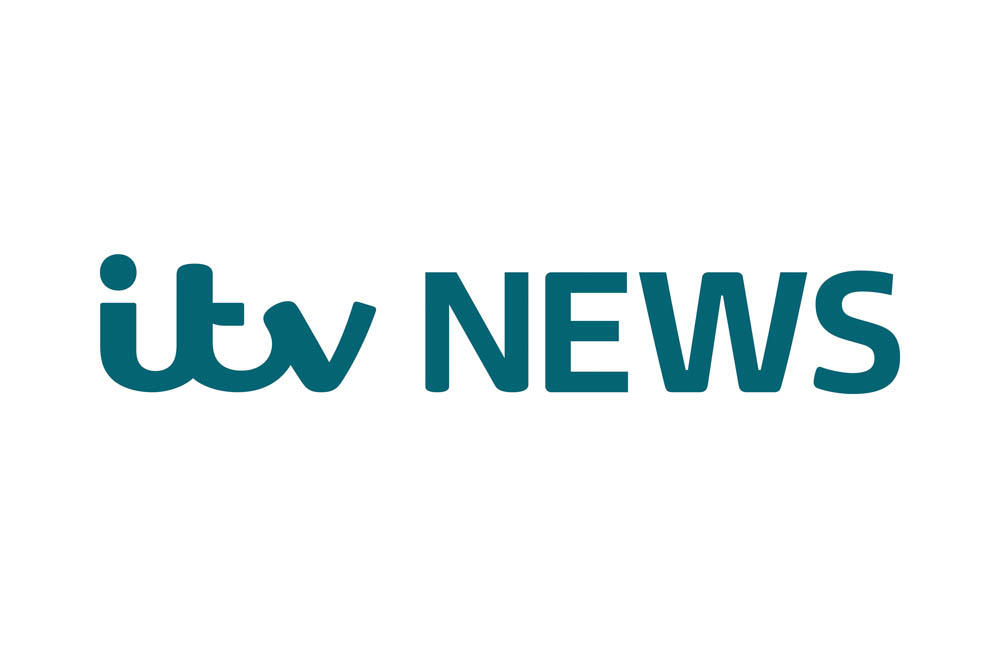Pagefield’s latest ‘Meet the Editor’ event welcomed ITV News in a lively conversation. Joined by Geoff Hill, Editor and Joel Hills, Business Editor, each gave us an insight into the channel and how broadcast media is evolving in the new digital era. Here are five things we learned.
- The demise of broadcast media is a myth…There is no doubt that the media is a sector under strain. In the Guardian late last year, Stuart Jeffries scathingly assessed TV news broadcasters as “an increasingly unreliable, great, sucking vortex wasting viewers’ time”.Geoff Hill was at pains to set the record straight and debunk this myth. Audience growth at ITV News is up year on year, he said, drawing in 7-8 million viewers across Lunchtime News, Evening News and News at Ten every day, underlining the enduring strength of broadcast news.
- … But all broadcasters are battling for eyeballs on digital channelsBroadcasters’ digital future is bright according to Joel Hills, stating it was “a remarkable opportunity to broadcast interesting, authoritative voices in new ways”, referencing their use of Facebook Live for exclusive broadcasts.Acknowledging that the existential threat has been felt more acutely in print than broadcast media, Geoff Hill said ITV were already accommodating social media audiences by posting salient and snappy news lines on Facebook and Twitter to warm-up broadcast slots.
- Traditional audience stands firmAlthough ITV is always looking for innovative ways to promote news and attract new viewers, the broadcaster is still known for its traditional national news programming. News ratings are still the strongest when scheduled after mass market programmes such I’m a Celebrity.Its key demographic remains in the Granada heartlands north of London, with the typical ITV News at Ten viewer aged 51.
- Frequent, open and straightforward communicationJoel Hills stated that businesses were “the lifeblood of everything we do every day”. As such, he called on corporations to engage with broadcasters on a steady basis, with an open dialogue and to make it as easy as possible to work with them.He challenged the common misconception amongst business leaders that broadcast journalists are particularly hostile, acting on their own agenda. Answering these difficult questions can often be useful when dealing with a crisis, where transparency and accountability are key, including crisis communications.
- A survival guide in the post-truth eraIn the “post-truth” era, the power of fact is in abject decline. The media has been accused of perpetuating this agenda, facing various allegations from the public which further embed mistrust of the industry.Geoff Hill stated that ITV’s brand USP is one of authority and trust, and therefore every story reported reflects these values. ITV meets any such criticism with rigorous research and attention to detail.



